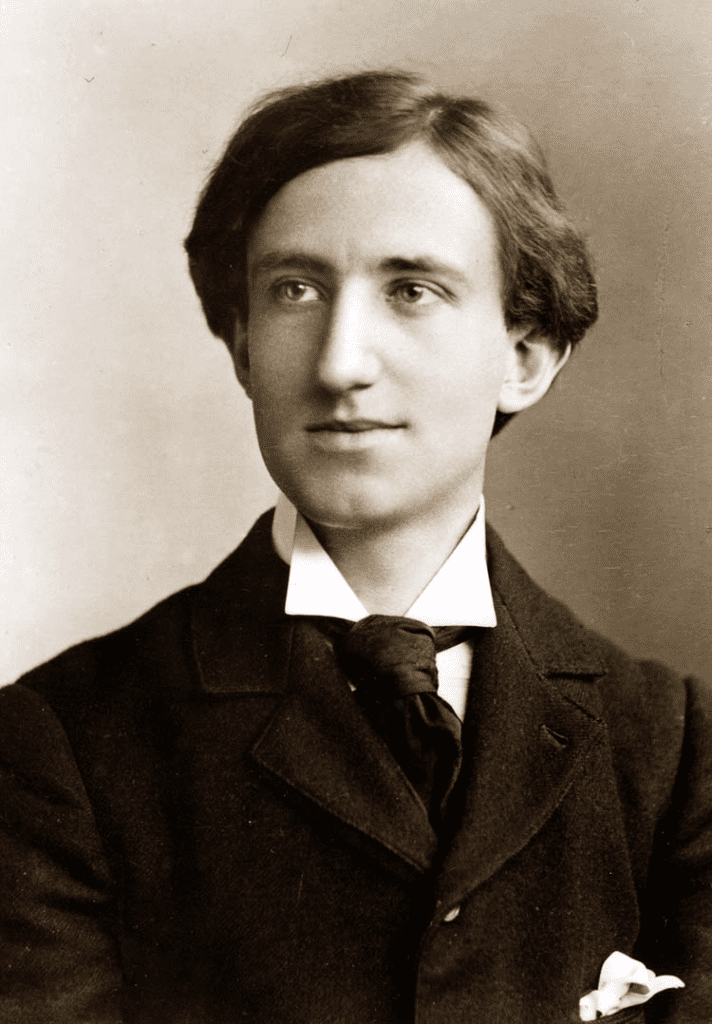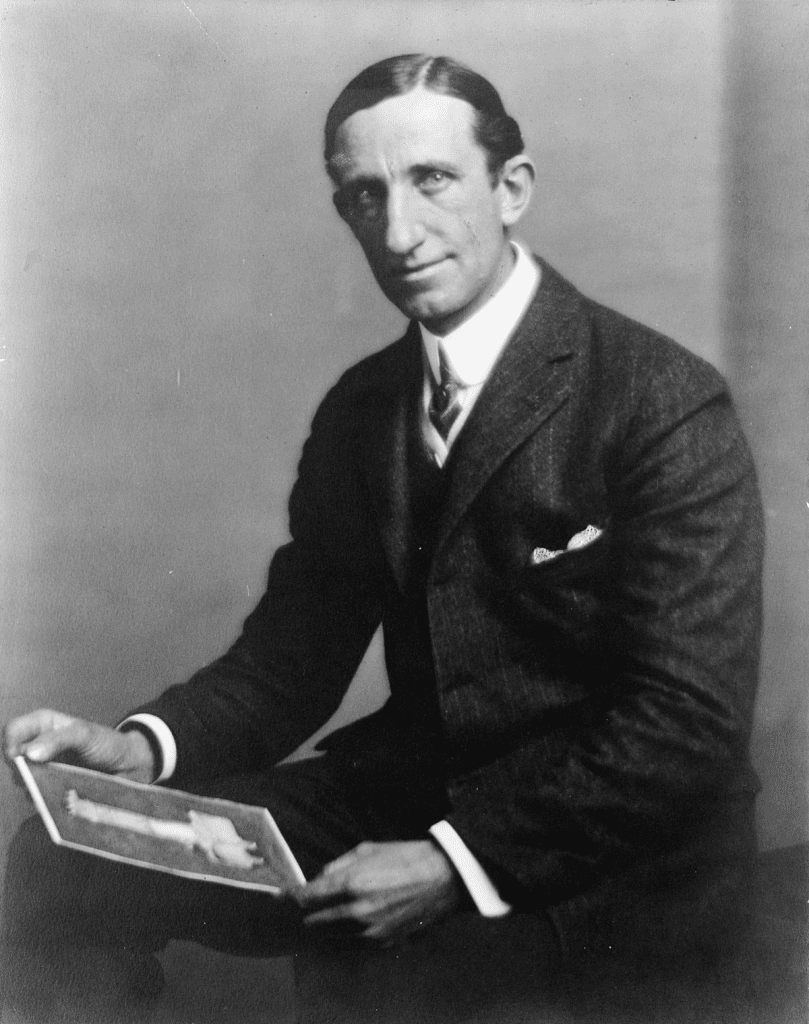When you hear the name Edison, you probably think of innovation, light bulbs, or the man who revolutionized the modern world with electricity. But not every branch on the Edison family tree shines as brightly. In fact, one particular son of the great inventor took a much different and far more questionable path.

A Legacy Too Big to Follow
Thomas Edison was one of the most celebrated inventors in American history. By the time he died in 1931, he held over 1,000 patents and had changed the way people lived, worked, and communicated. His name was synonymous with brilliance.

So naturally, there were expectations for his children to follow in his footsteps. His son, Thomas Alva Edison Jr., bore not only his father’s name but also the heavy burden of his legacy. Unfortunately, Edison Jr. didn’t exactly become the next great innovator. Instead, he went down a path that would tarnish both his own reputation and embarrass the family name.
Video:
Thomas Alva Edison | Biography of Thomas Alva Edison | Thomas Alva Edison Discovery Story
Selling Snake Oil Under a Famous Name
Rather than invent, Thomas Jr. turned to marketing products some of which were completely fraudulent. In the early 1900s, he began selling so-called “miracle” medical devices, tonics, and inks, often claiming they were tied to his father’s genius. But they weren’t. These products had no scientific basis and were often harmful or completely useless.
One such product was a fake medical device that claimed to cure a variety of illnesses through electric shocks. It played off the public’s fascination with electricity and science but in reality, it was pure quackery. The public was being misled by someone using the Edison name as a guarantee of quality and innovation.

The Lawsuit That Changed Everything
Eventually, Thomas Edison Sr. had enough. Frustrated by the damage his son was doing to his name and legacy, he took the unprecedented step of suing his own child. The lawsuit demanded that Edison Jr. stop using the Edison name to promote products.
Video:
Thomas Edison Jr. sold a fake electric device in 1904 that claimed to cure deafness
The court sided with the elder Edison. Thomas Jr. was legally barred from using the name in any commercial ventures. It was a deeply personal and public embarrassment, and a rare instance where a father had to defend not just his legacy but the public from being deceived.
A Life of Missed Opportunities
After the lawsuit, Edison Jr.’s career fizzled. He never achieved anything close to the scientific feats of his father, nor did he manage to establish himself independently. Living in the shadow of a giant is no easy task but instead of forging his own path, Thomas Jr. tried to shortcut success by misusing his father’s fame.
Historians often look at his story as a cautionary tale. While the Edison name conjures images of brilliance, progress, and tireless work, his son’s story reminds us that legacy alone isn’t enough. You still have to do the work. You still have to earn the respect.

Final Thoughts
It’s tempting to think that having a famous last name guarantees success. But Thomas Edison Jr. is a reminder that greatness isn’t inherited it’s built. The Edison legacy lives on not because of a name, but because of the relentless work behind it. And when someone tries to skip that process, even with a name like Edison, the results can be painfully disappointing.


